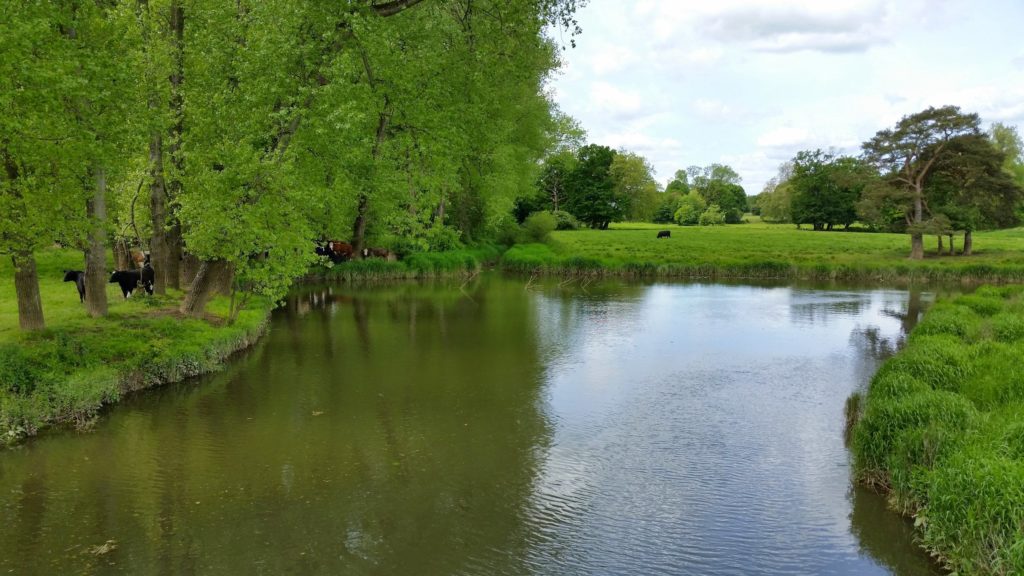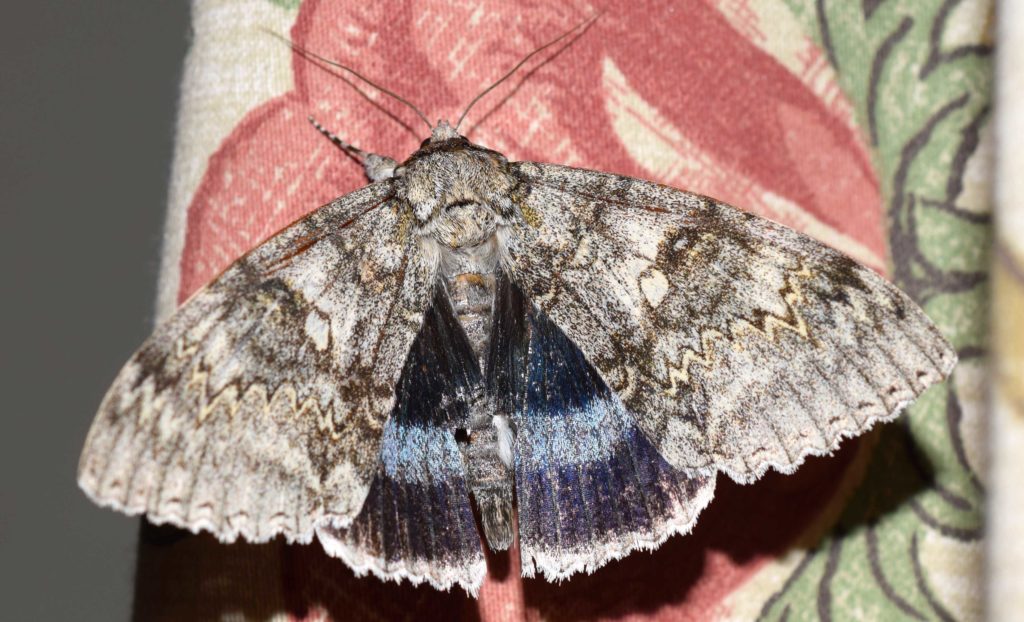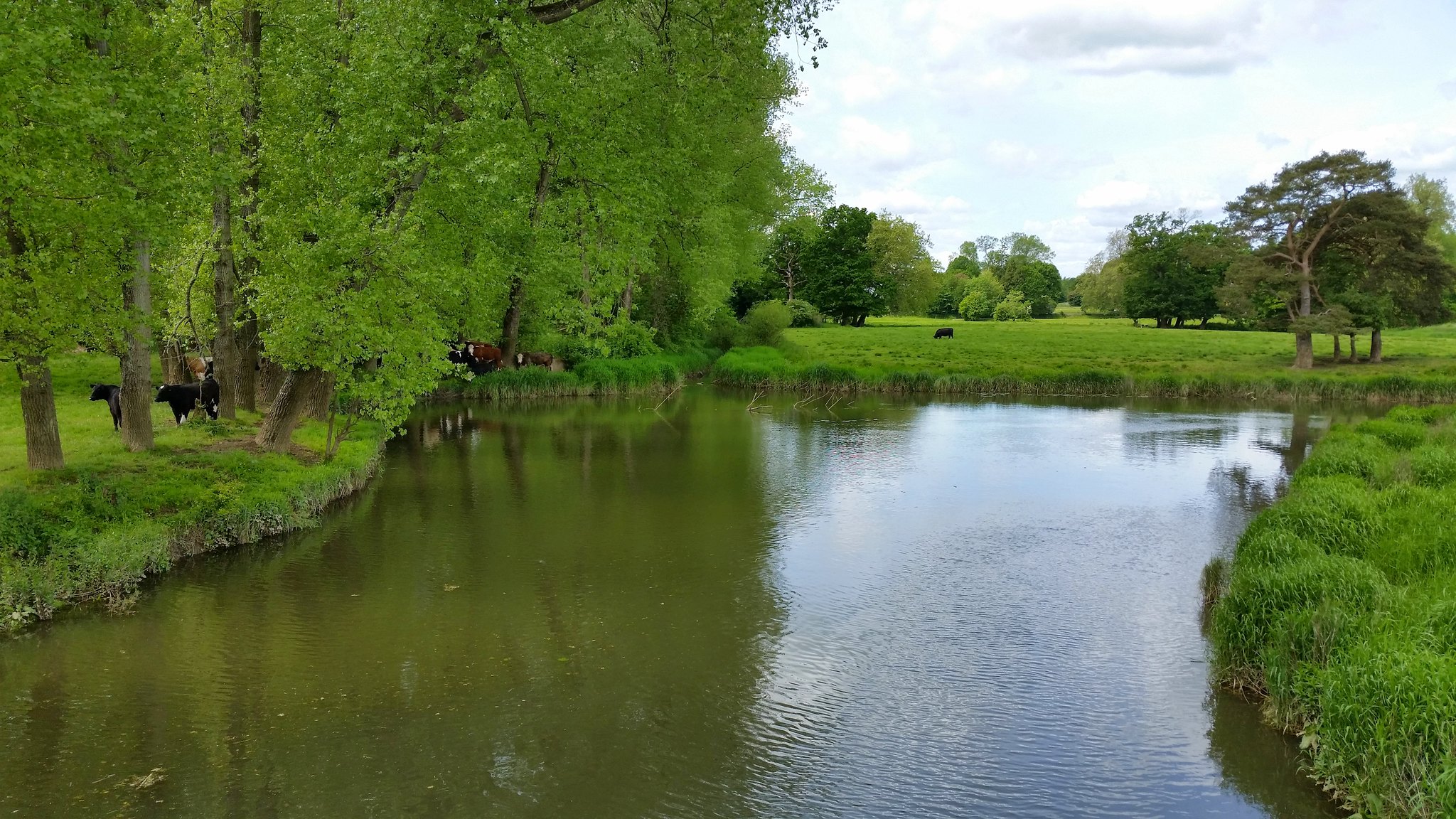
The Independent reports every freshwater body in England currently fails chemical standards and only 16 per cent are classed as being “in good ecological health”, compared to 53 per cent on average across the EU, according to the Wildlife and Countryside Link, the largest environment and wildlife coalition in England, made up of 61 organisations. The report warns that the climate crisis is worsening conditions for England’s “already beleaguered waters”.


 The
The